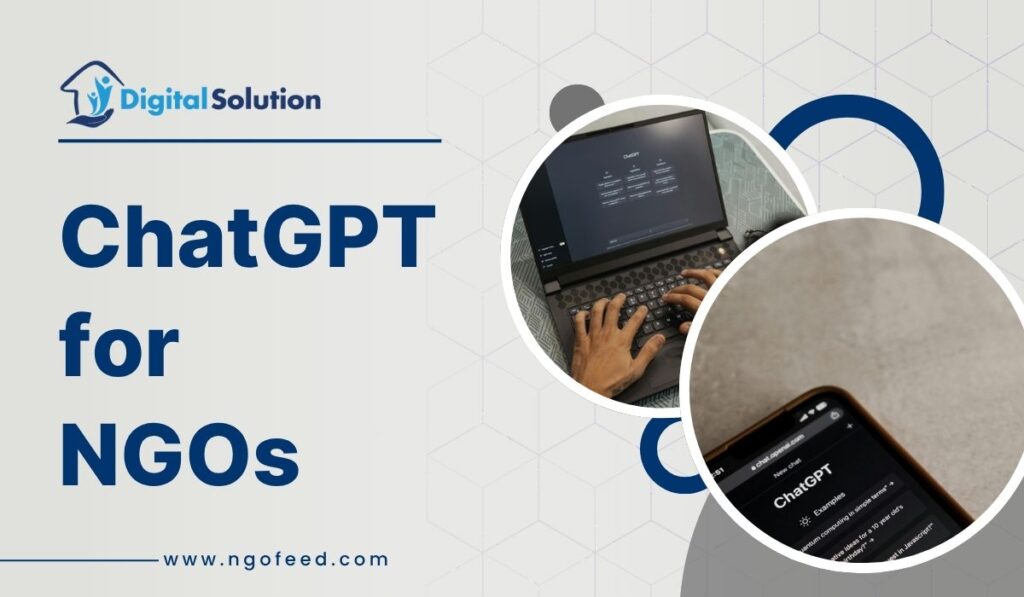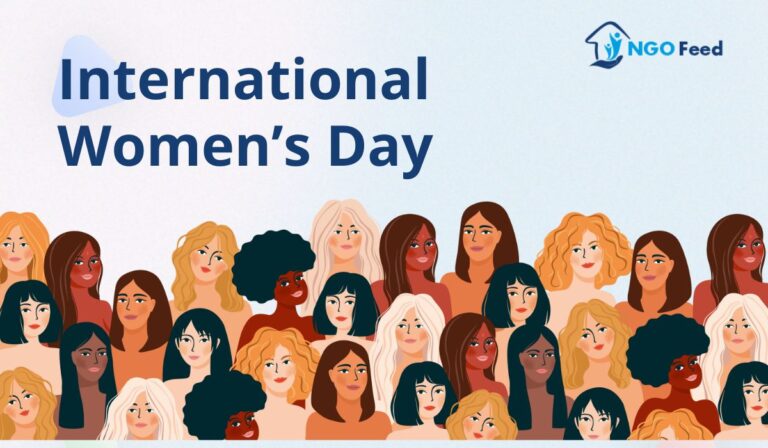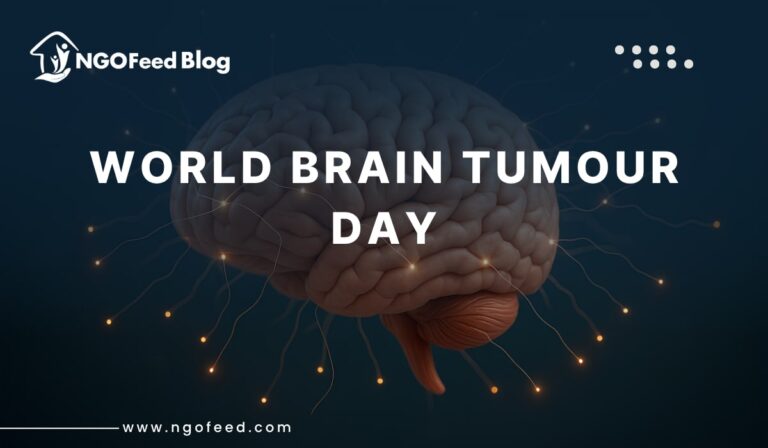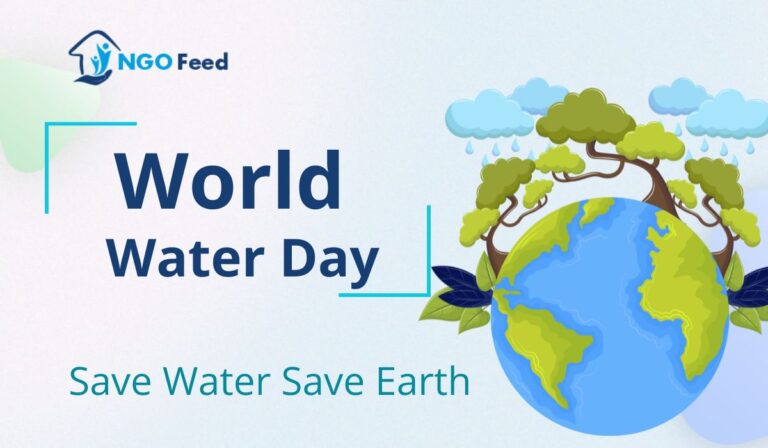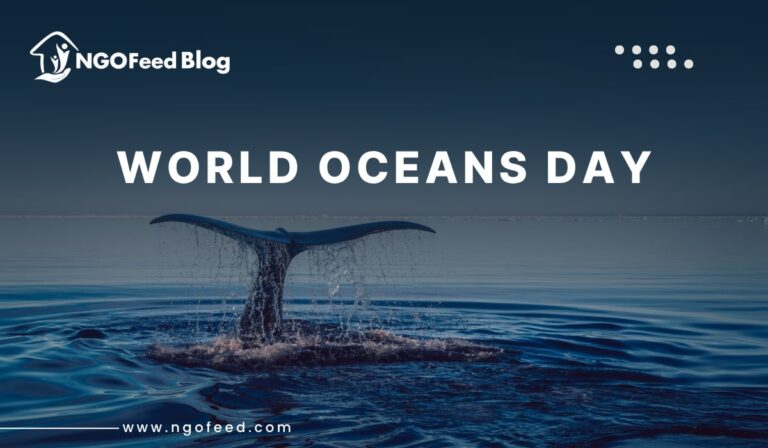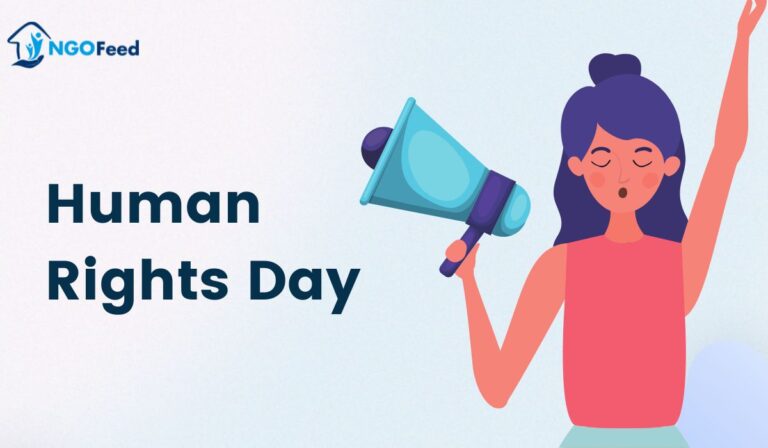ChatGPT for NGOs: Among other things, NGOs are the main responders to poverty, education, health, human rights, environmental sustainability, among other most pressing concerns. Although they are anticipated to produce high-impact results, be open, and engage with stakeholders all around, NGOs occasionally find themselves short on human and financial means.
Enter ChatGPT, OpenAI’s created sophisticated AI language model. It enables NGOs to streamline challenging tasks including proposal writing, report condensing, content translation, community outreach, and much more. ChatGPT enables nonprofits to grow their activities, gain credibility, and focus more on their purpose by means of knowledge of human-like language and creation.
Table of Contents
Why NGOs Should Adopt ChatGPT
- Affordability lowers external consulting and content creator expenses.
- Productivity: Streamlines time-consuming tasks such as paperwork and editing.
- Scalability: Helps to broaden outreach by automation.
- Through multilingual material, accessibility breaks linguistic boundaries.
- Customizing fits the organization’s tone and purpose.
Also Read: 10 Instagram Tips for the Modern Nonprofit
Core Applications of ChatGPT for NGOs
1. Grant and Proposal Writing
Using templates, ChatGPT can help arrange funding proposals, recommend strong impact stories, and turn program ideas into fundable projects.
Example: Utilizing data from field surveys, a rural development organization can use ChatGPT to develop a proposal for a clean water project.
2. Communication and Donor Engagement
From emails to thank-you letters, newsletters to impact stories—ChatGPT generates emotionally captivating content customized for funders, volunteers, and governmental organizations.
Example: Using ChatGPT, an animal welfare NGO automates monthly bulletins and donor updates.
3. Translation and Localization
Over fifty languages are translated by ChatGPT, which enables nonprofits to adapt their message to reach many groups.
Example: For improved access, a migrant aid charity converts health information into local Indian tongues.
4. Education and Training Materials
Create customized learning modules, awareness fliers, and training materials for various levels of literacy or cultural circumstances.
Example: A rights organization for children uses ChatGPT to produce comic-style training material for educational awareness initiatives.
Also Read: Best Practices for Strategic Planning in Nonprofits
5. Report Writing and Documentation
Automate quarterly reports, meeting minutes, and annual reports—including performance measures and executive summaries.
For instance, a health charity adds raw field notes, and ChatGPT produces a polished donor-ready report.
6. Policy Advocacy and Research
Create data-backed arguments, issue-based talking points, and policy briefs to help lobbying initiatives.
Example: An environmental charity produces a white paper on the effects of plastic pollution using ChatGPT.
Advanced Use Cases for Tech-Savvy ChatGPT for NGOs
| Advanced Use | Description |
|---|---|
| Chatbots | Create interactive FAQs bots for volunteers or beneficiaries. |
| Data Insights | Transform databases into legible summaries and infographics. |
| AI-Powered Surveys | Refine and evaluate local input using ChatGPT. |
| Knowledge Repositories | Knowledge repositories transform internal information into searchable Q and A. |
| Monitoring & Evaluation | Draft indicator-based M and E reports employing gathered data: monitoring and assessment |
Also Read: Collaboration vs Competition
Studies from Around the World
Kenya – Digital Literacy Organization
Organization Using ChatGPT, a grassroots Nairobi organization simplifies tech guides for first-time students and translates computer literacy courses into Swahili.
India – Tribal Health Organization
Organization Using ChatGPT, a medical NGO working with tribal populations creates awareness materials on local language malaria prevention.
Brazil – Amazon Rainforest Collective
Collective ChatGPT helps environmental campaigners write multilingual petitions, grant proposals, and educational material for worldwide donors.
NGO capacity building
Organizations might use ChatGPT effectively by:
- Arrangements should be made for their personnel’s training on artificial intelligence literacy.
- Design internal content review procedures to confirm AI-generated content.
- Create standards for artificial intelligence ethics to guarantee inclusive, just, and safe usage of technology.
- For technological assistance, ally with good organizations and tech volunteers.
Also Read: Future of NGOs How Trends Like Web3
Challenges and Moral Safeguards in Books
| Challenge | Strategy |
|---|---|
| Data Confidentiality | Never enter personal or sensitive information; use secure platforms. |
| Misinformation | Verify AI produced material using reliable sources. |
| Cultural Sensitivity | Content in delicate cultural environments call for human review. |
| Equity and Access | Invest in digital tools and instruction for local staff to ensure access and equity. |
Future Possibilities for NGOs Leveraging ChatGPT
- Integration with CRM solutions such Salesforce or Zoho for nonprofits.
- Field workers’ voice-to-text equipment
- Using ChatGPT to create low-code platforms managing donor records and program information.
- AI driven collaborative workshops help to co-create solutions with communities.
Also Read: Role of Data Analytics in Nonprofit Decision Making
Conclusion
Rising complexity calls for artificial intelligence, not a luxury but rather a requirement, for nonprofits. For nonprofits, ChatGPT provides a fresh approach whereby resources are maximized, human energy is redirected toward mission-critical work, and communication is speedier.
Also Read: Digital Advertising Acronyms for Nonprofits
Frequently Asked Questions (FAQs)
Q1. Can ChatGPT substitute workers or authors?
A: No. It enhances human creativity and judgment rather than replacing them; it is a supporting instrument.
Q2. NGOs’ ChatGPT is free?
A: Some artificial intelligence foundations provide NGO discounts or grants; sophisticated capabilities may call for a subscription (e. g., ChatGPT Plus). The basic version is free.
Q3. Is using ChatGPT secure?
A: Yes, if used responsibly. Stay away from private or secret information. Always inspect artificial intelligence results.
Q4: Can ChatGPT run offline?
A: No, internet access is required. Local artificial intelligence solutions might, nevertheless, be investigated for restricted offline application.
Q5. Would it be of value to rural or small NGOs?
A: Particularly for translation, content creation, and document composition. First instruction might be needed.

